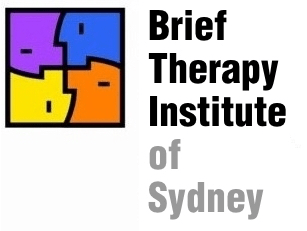Diagnosis and the new DSM-5
- 21 May 2013
- Michael Durrant
Well ... DSM-5 was published a couple of days ago. A cornucopia of new ways to classify and diagnose our clients. Interesting that the (US) National Institute of Mental Health in Washington, DC - which, I understand is a respected mental health research and training organisation - has announced that it will NOT use DSM. The British Psychological Society has expressed its concern that the DSM seems to downplay the importance of psychosocial factors. The BPS submission argues that mental disorder is better viewed as being on the spectrum of 'normal' experience. Division 32 of the American Psychological Association has publicly expressed its concern about the DSM-5, questioning its scientific evidence and its apparent emphasis on biological theory. They suggest that the new DSM lowers the diagnostic threshold for several major disorder categories, which may result in normal variations in human experience being labelled as 'pathology'. 2000 psychologists signed a petition supporting Division 32's concerns within a week, and four other APA divisions have since supported this stance. SO ... all is not well in the latest diagnostic world!
Of course, for we humble and naïve Solution-Focused therapists, this is largely a mildly interesting, academic exercise. SFBT does NOT claim to solve peoples' problems or to cure their disorders ... SFBT claims to help people achieve their "preferred future", so classification or diagnosis is kinda irrelevant! (Of course, when people achieve their "preferred future", their apparent problem might ... or might not ... have gone away!).
(And I always thought that "DSM" referred to the "Diagnostic and Satirical Manual of Mental Disorders"!)
